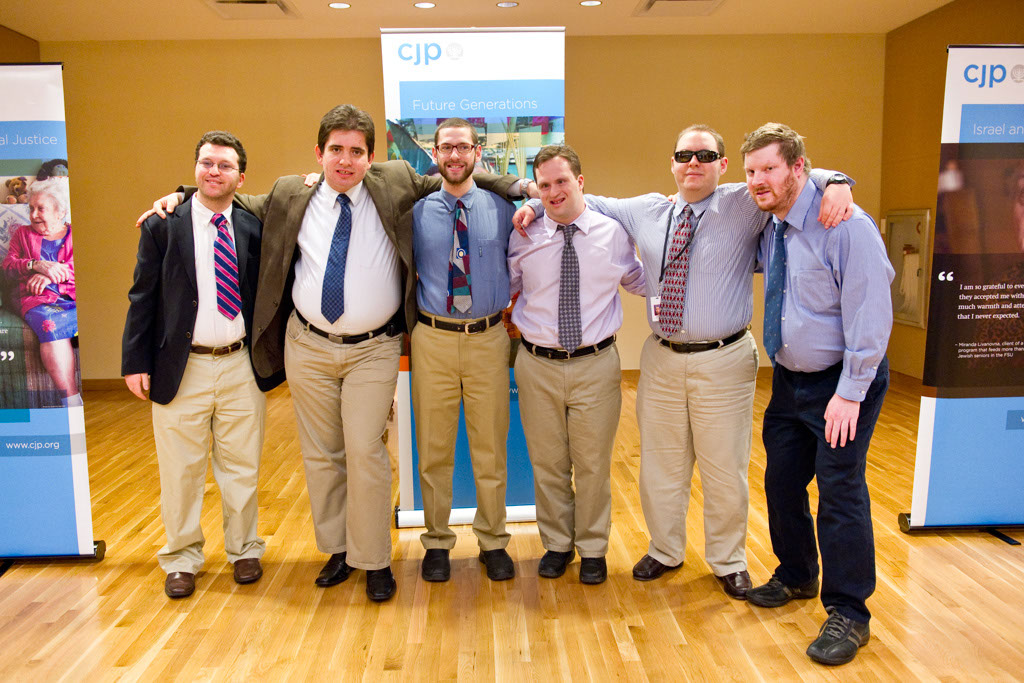
Is The Disability Real If It’s Not Physical?
This is the second post in a series entitled “Issues I face as a working adult with a disability.” Read the first post: To Disclose or Not to Disclose a Disability?
How do you explain to others that a disability is real when it is not physical?
It is really hard. It is easy to understand that accommodations are needed when someone has a physical disability. Society has come to accept that a physically disabled adult has limitations but also real competencies. My challenges are harder for people to understand because they are invisible. I don’t need a wheelchair or ramp, I don’t need a seeing-eye dog, I don’t need hearing aids; but I do need other types of accommodations that are more subtle and I need understanding when my social interactions don’t always mesh with accepted behavior. It is a constant struggle for me to monitor my behavior and control my impulses in order to live a successful independent life. Since my disability is subtle it is much harder for the general public to appreciate my abilities and it is hard for me to find a social niche where I am comfortable and accepted.
I have a non-verbal learning disorder diagnosis – so, what does that mean? It is a gray area and similar to Asperger’s syndrome…but most people don’t “get it.” When I first meet people they may not appreciate that I struggle in social situations and sometimes they may think that I act inappropriately.
At work I might be perceived as not capable, but if I have the right type of work, environment and supervision I can be very successful. If people don’t give me a chance and if I don’t have the accommodations that help me, I may appear either stupid or lazy; in reality I am neither and it is upsetting when I am treated as such.
My current job is a good fit; but it took quite some time for me to learn how to complete the expected tasks to my supervisor’s satisfaction, and the same amount of time for him to learn how to assign and supervise my work to allow me to succeed. He didn’t initially understand that I am easily distracted and disorganized – not because I wasn’t trying, but because I just couldn’t process too many instructions and responsibilities at one time and I have trouble staying on task. I was lucky to have a job coach from Jewish Vocation Services who helped explain my needs and issues to my boss and to help explain my boss’ issues to me. I am also lucky that my co-workers were willing to learn and adapt the work environment which helps me complete my assignments.
We now have a great working relationship and everyone I work with understands that I need very structured and limited work assignments. Every day I get a specific list of tasks that I am expected to accomplish…and I can do it! I am happy we have figured out how to make it work. I need to give a huge amount of effort and concentration to make it work and that is exhausting but I am grateful for the opportunity.
About the author Ben Winnick is 32 years old and grew up in Needham, MA. He currently lives in Brighton, MA and works in the commercial kitchen at Newbridge on the Charles, an assisted living and skilled nursing facility in Dedham, MA. Ben loves animals and especially his family labradoodle, Kasey.
Stay Included
To stay up to date on our most recent advocacy efforts, events and exciting developments, subscribe to our newsletter and blog!





















